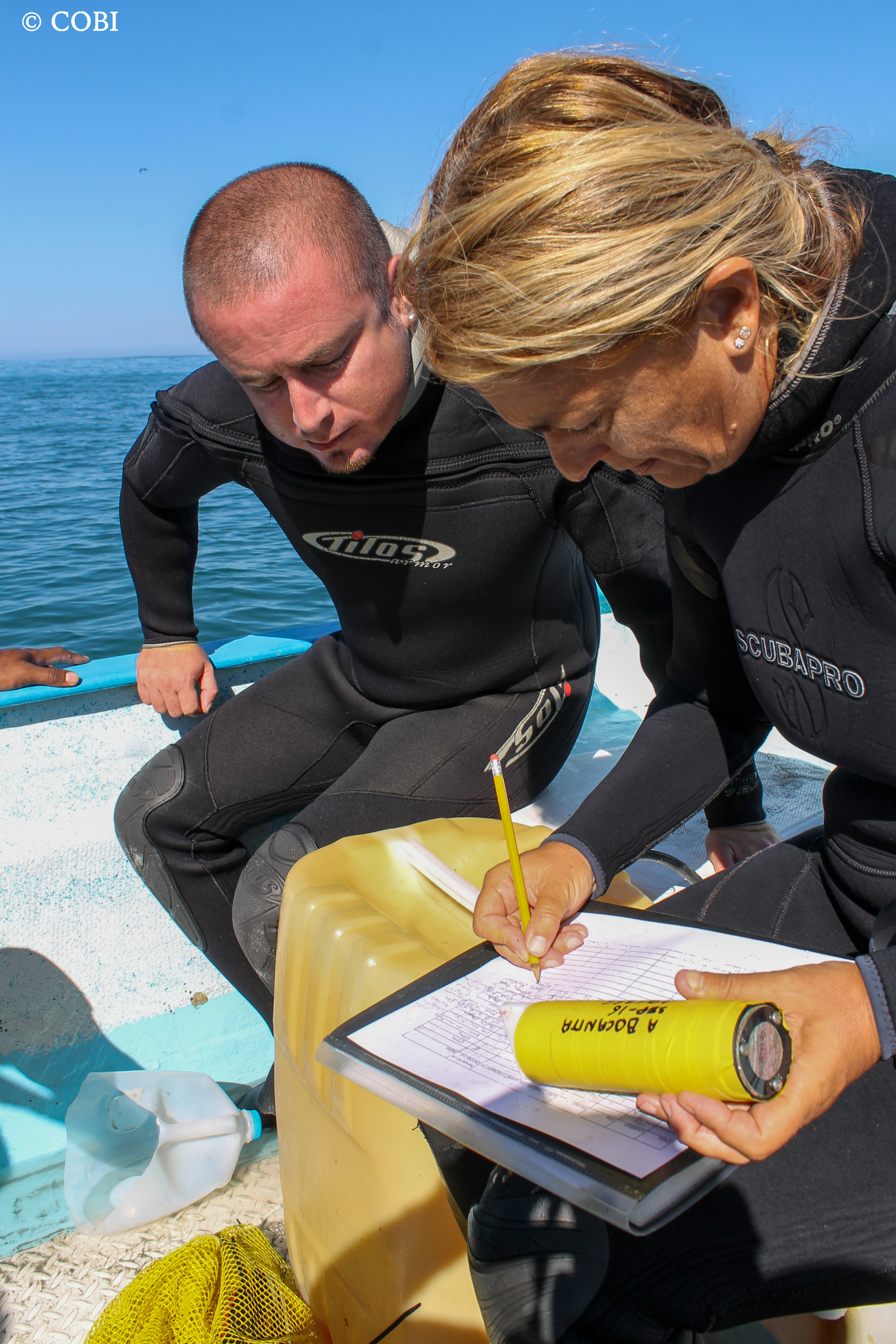

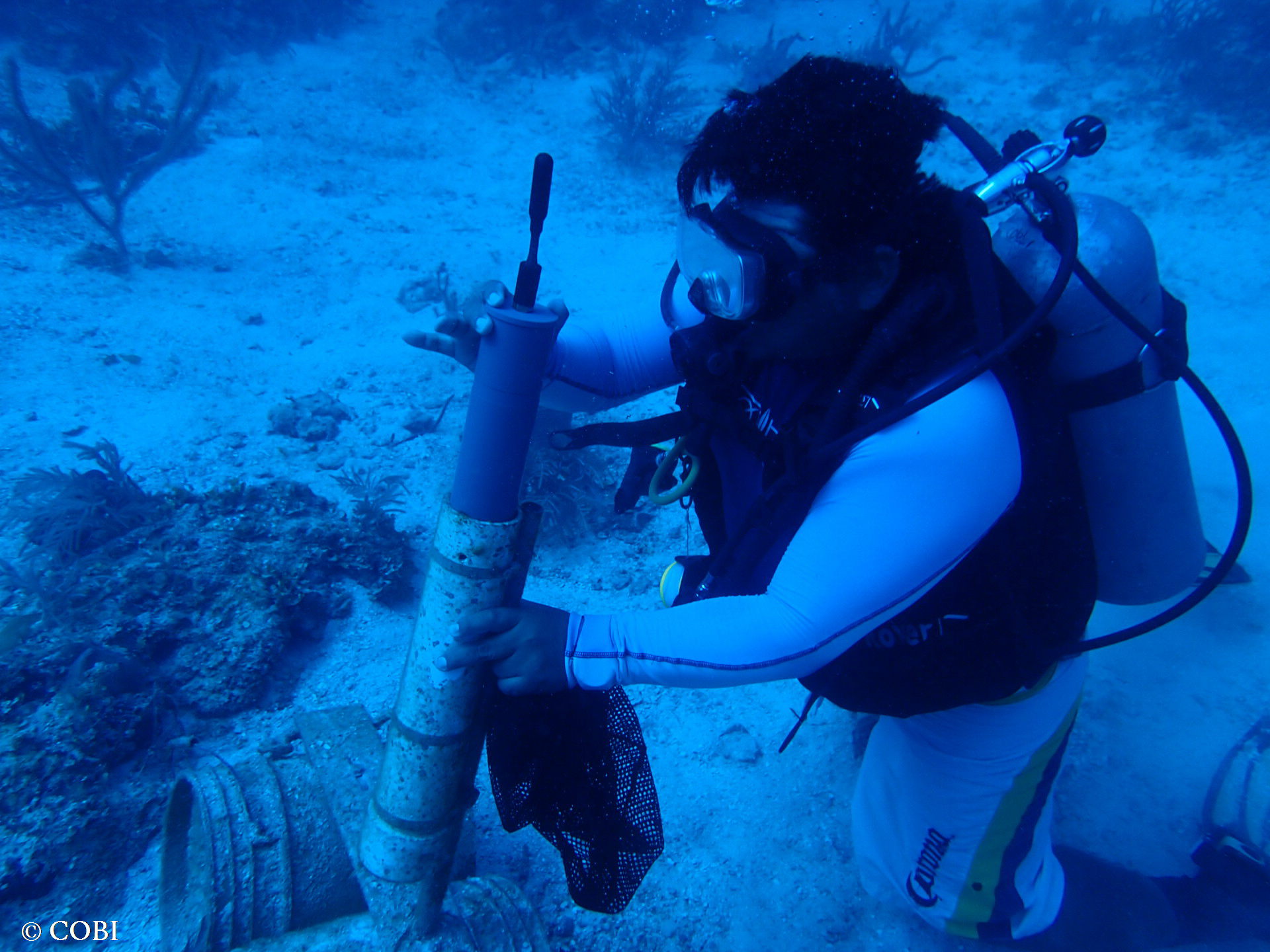
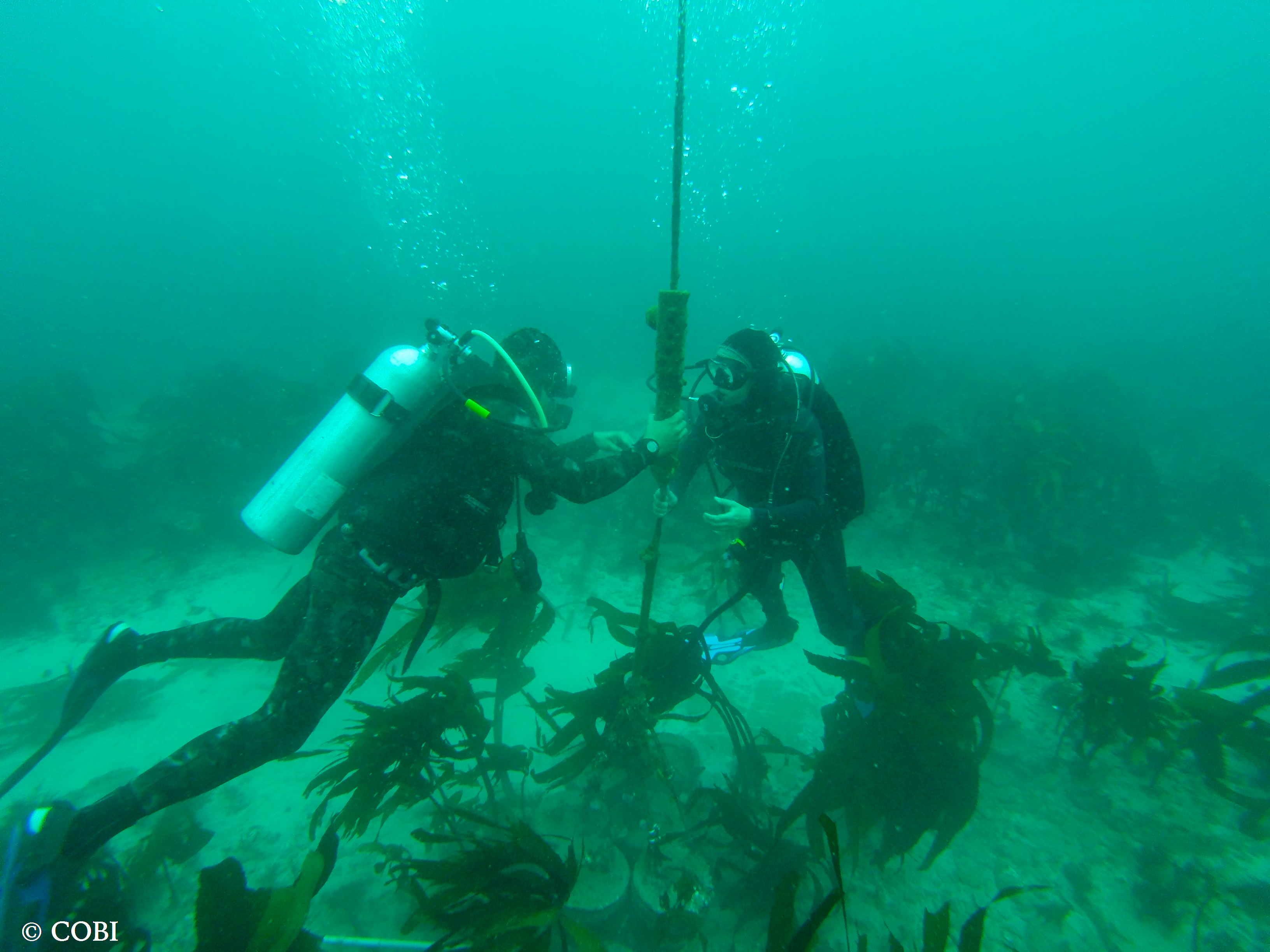
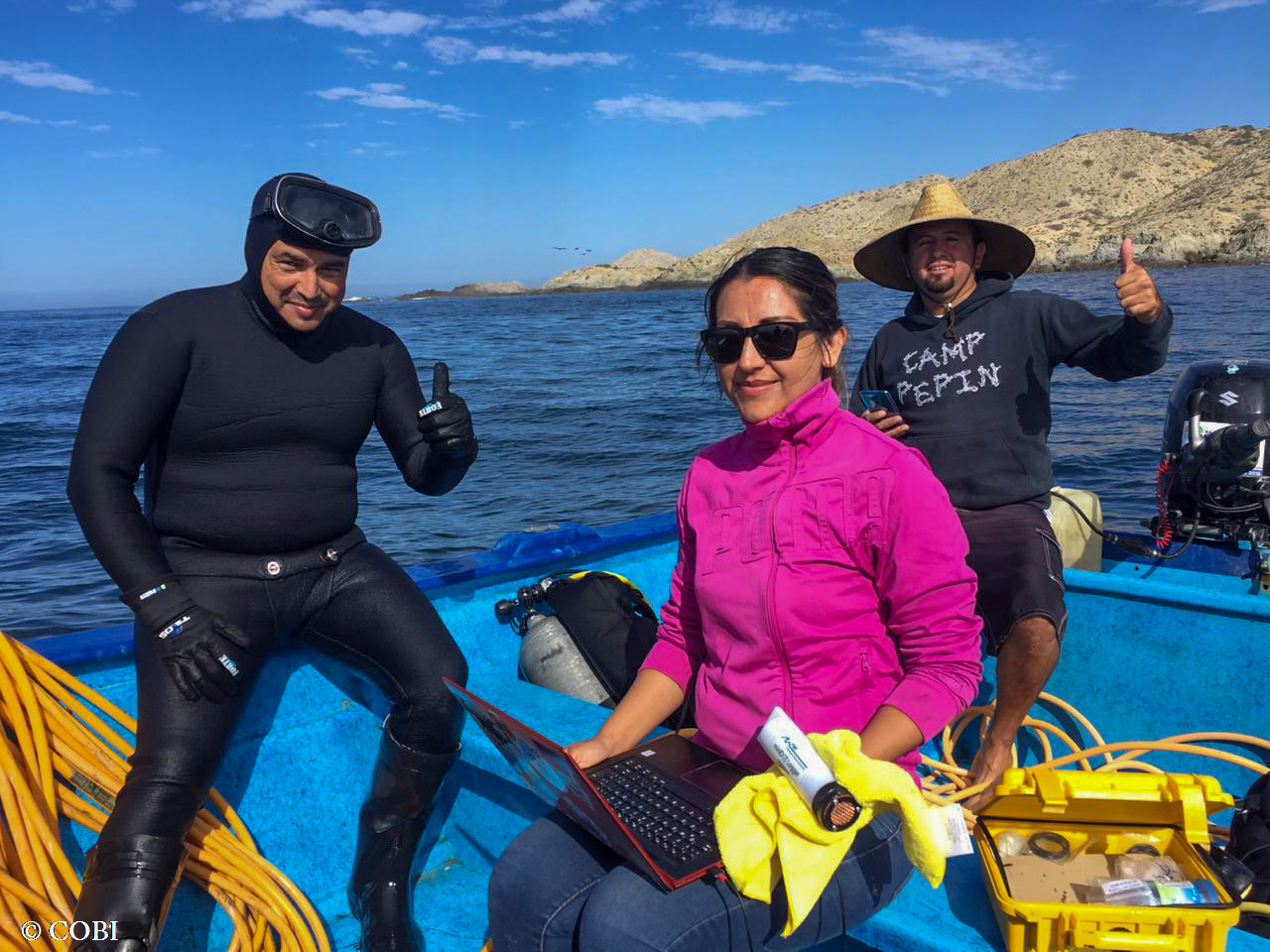
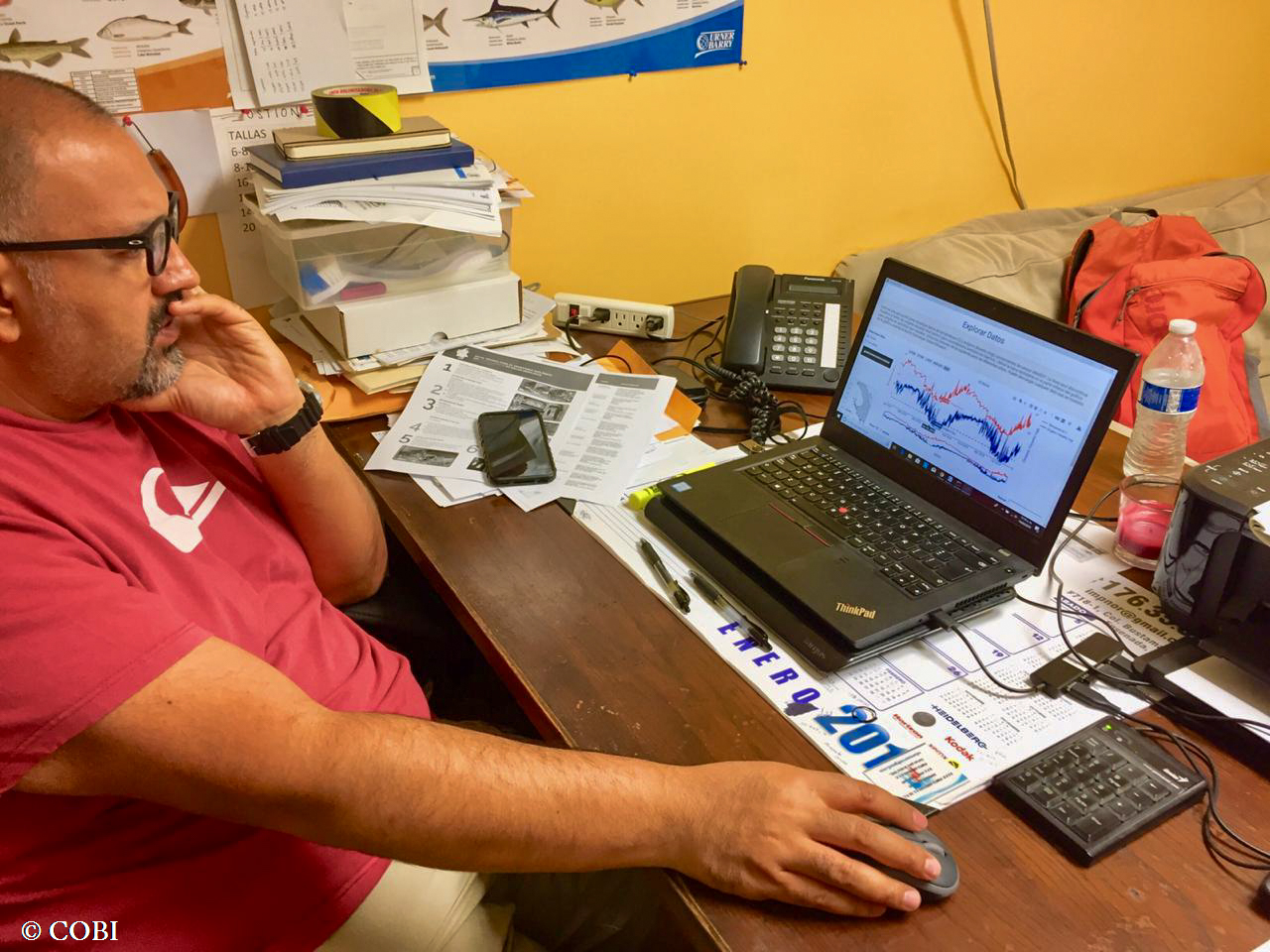
Fishing communities are witnessing the effects of global changes every day. Aware that this impacts fishery resources and degrades marine ecosystems, fishing communities in Mexico have become interested in better understanding the effects of climate change and other local changes, giving them the opportunity to make better mitigation, prevention and adaptation decisions.
Through citizen science and collaboration with academics, a community monitoring program with oceanographic sensors has been implemented in 19 fishing communities in Mexico since 2011. Both women and men have been trained, involved and responsible for data collection and analysis. It has been proven that the training of mixed teams allows the integration of women in areas traditionally perceived as masculine (such as underwater activities), contributing to gender equality.
Today, fisherwomen and fishermen know how oceanographic sensors work, download the information collected, interpret the results and use them to make decisions related to the use of fishery resources, with a sustainable approach and seeking solutions to adapt to climate change.
- Multi-sectoral participation in climate change monitoring.
- Strengthening local capacities for community-based climate change monitoring.
- The exchange and analysis of information at the local and regional level.
- The relevance of oceanographic data and its interpretation for local decision making is evident to the community.
- The integration of mixed teams, since it favors performance and has a positive impact on the community.
- Training and community participation in climate change monitoring provides information to improve decision-making, mitigate the effects on fisheries, and adapt. Monitoring also provides tools to participate in discussion forums with the government, academia, civil society organizations, and the fishing sector itself.
- Just as participation is key, so is the systematization and rigor of data collection in conjunction with the fishing communities.
- Multisectoral participation allows better decisions to be made in terms of fishing and conservation, integrating traditional and scientific knowledge.
- The information obtained from oceanographic monitoring has empowered communities and given them a better understanding of the impacts of climate change. They have become an example of multi-sectoral partnerships, have participated in national and international conferences, and have inspired other communities and the government sector to replicate this effort.